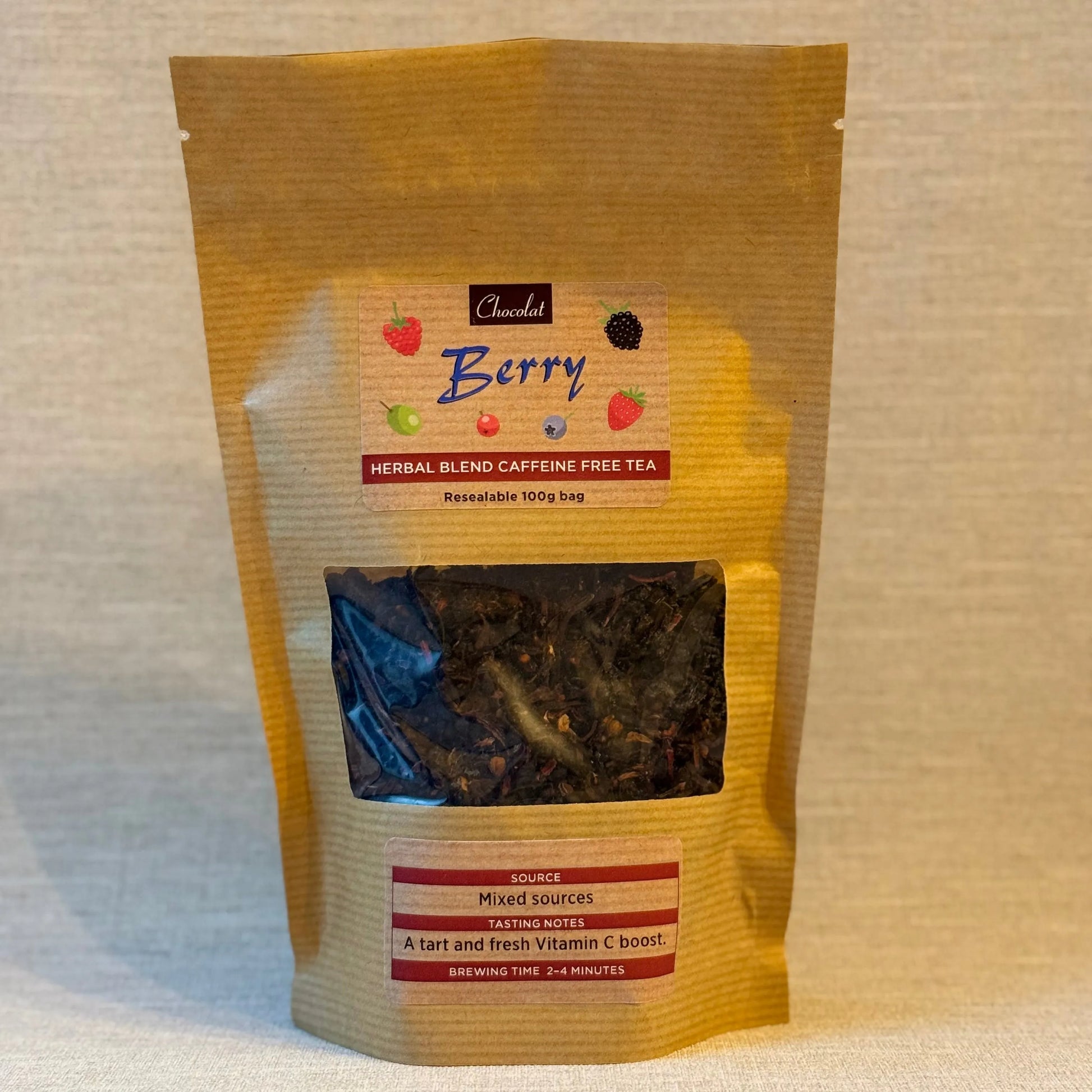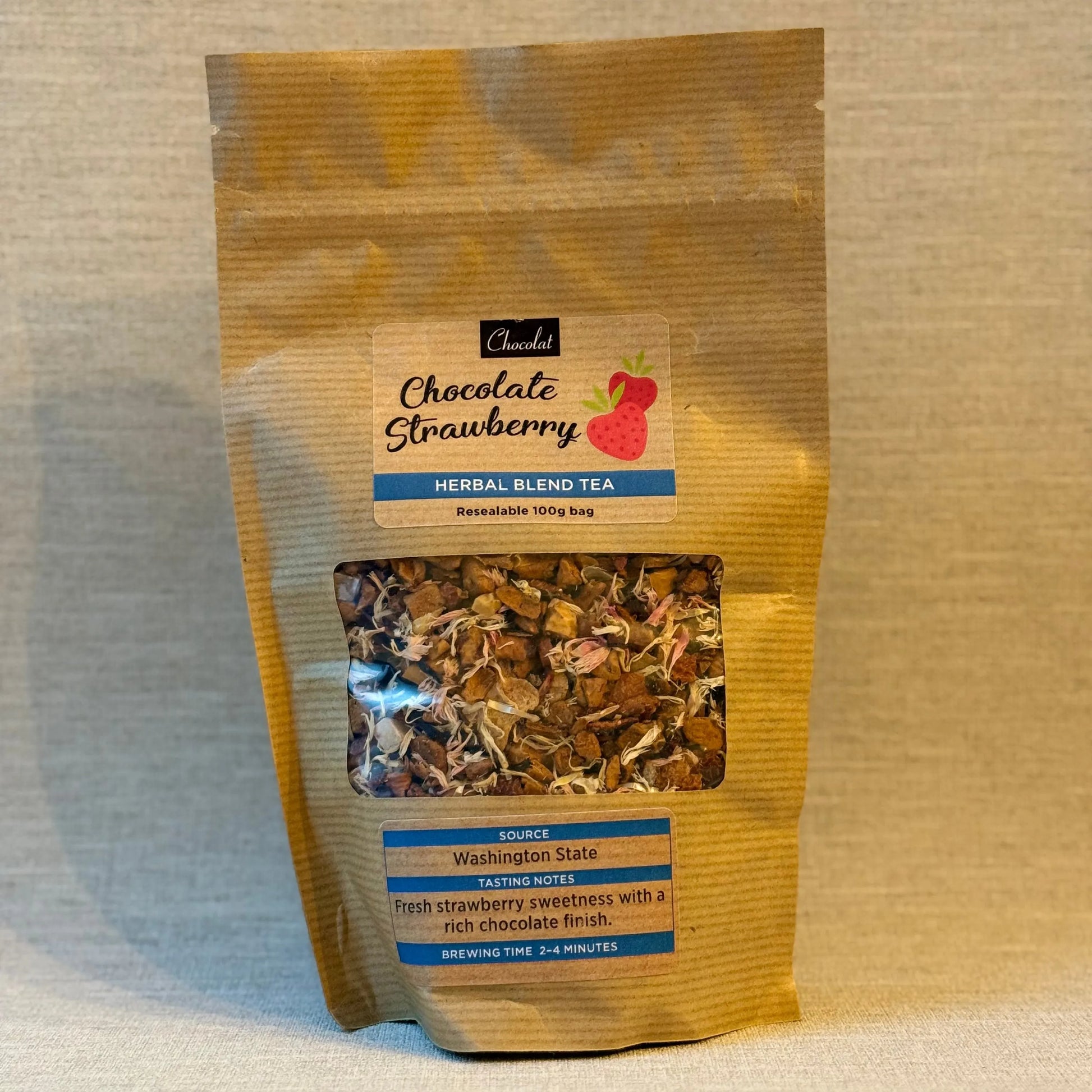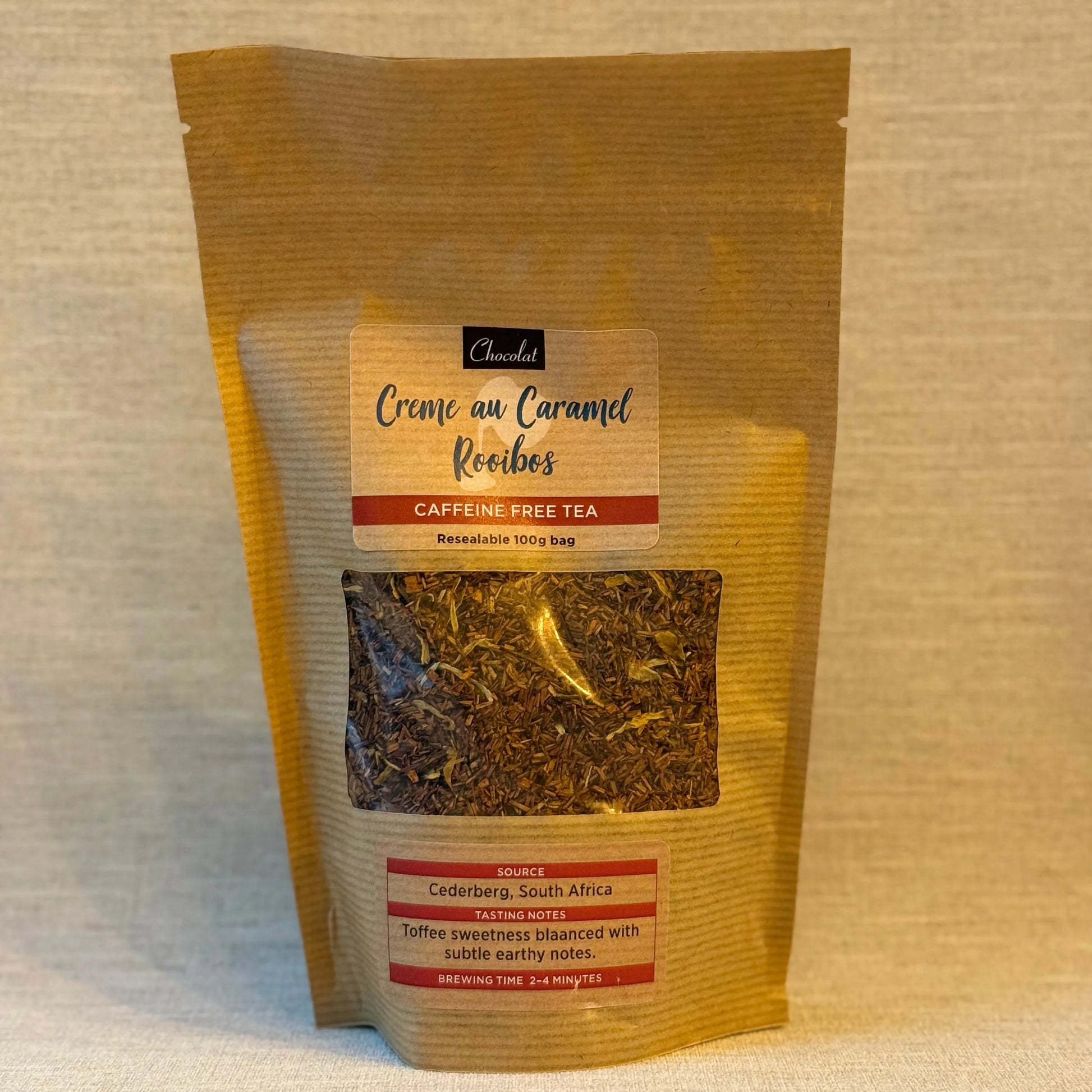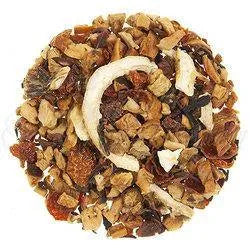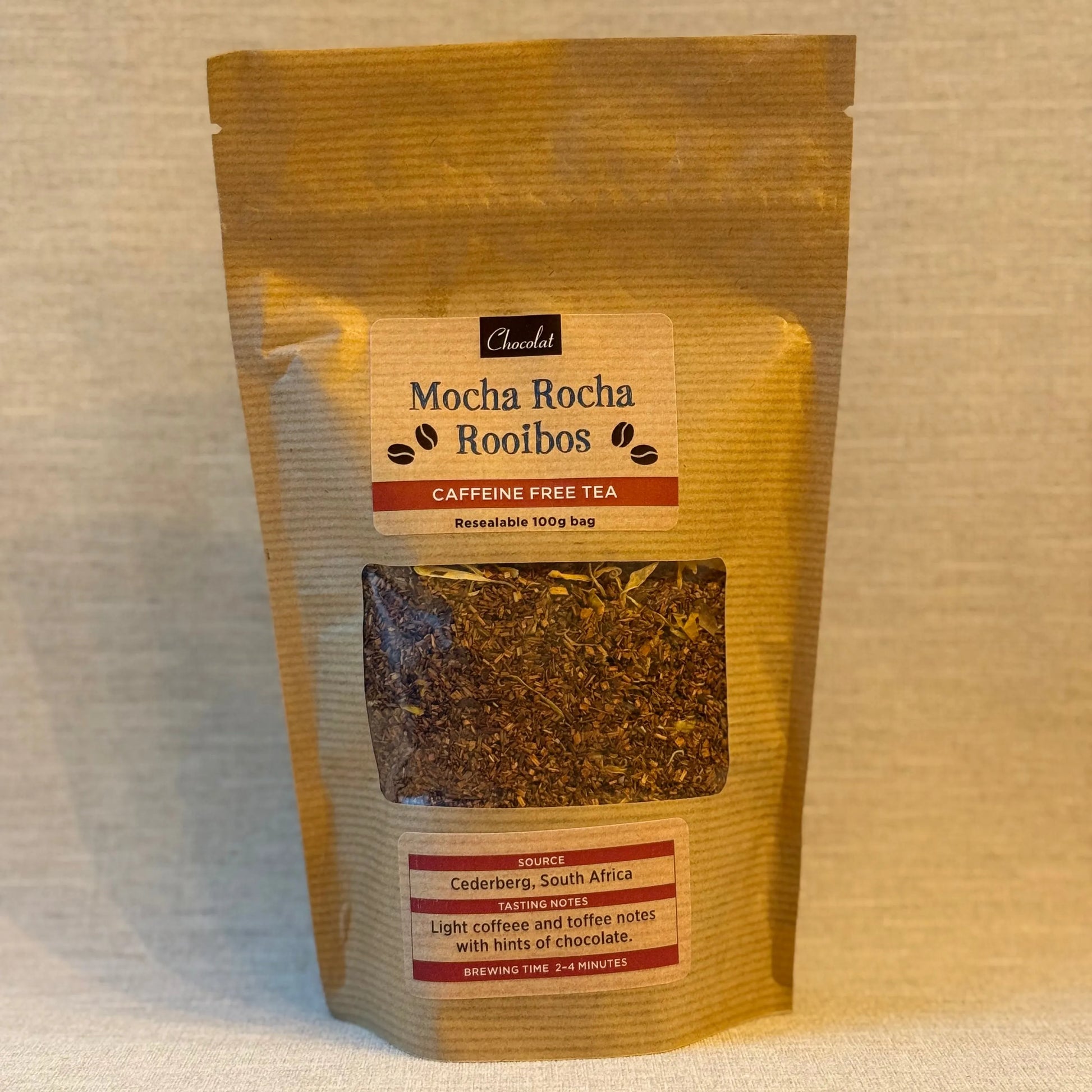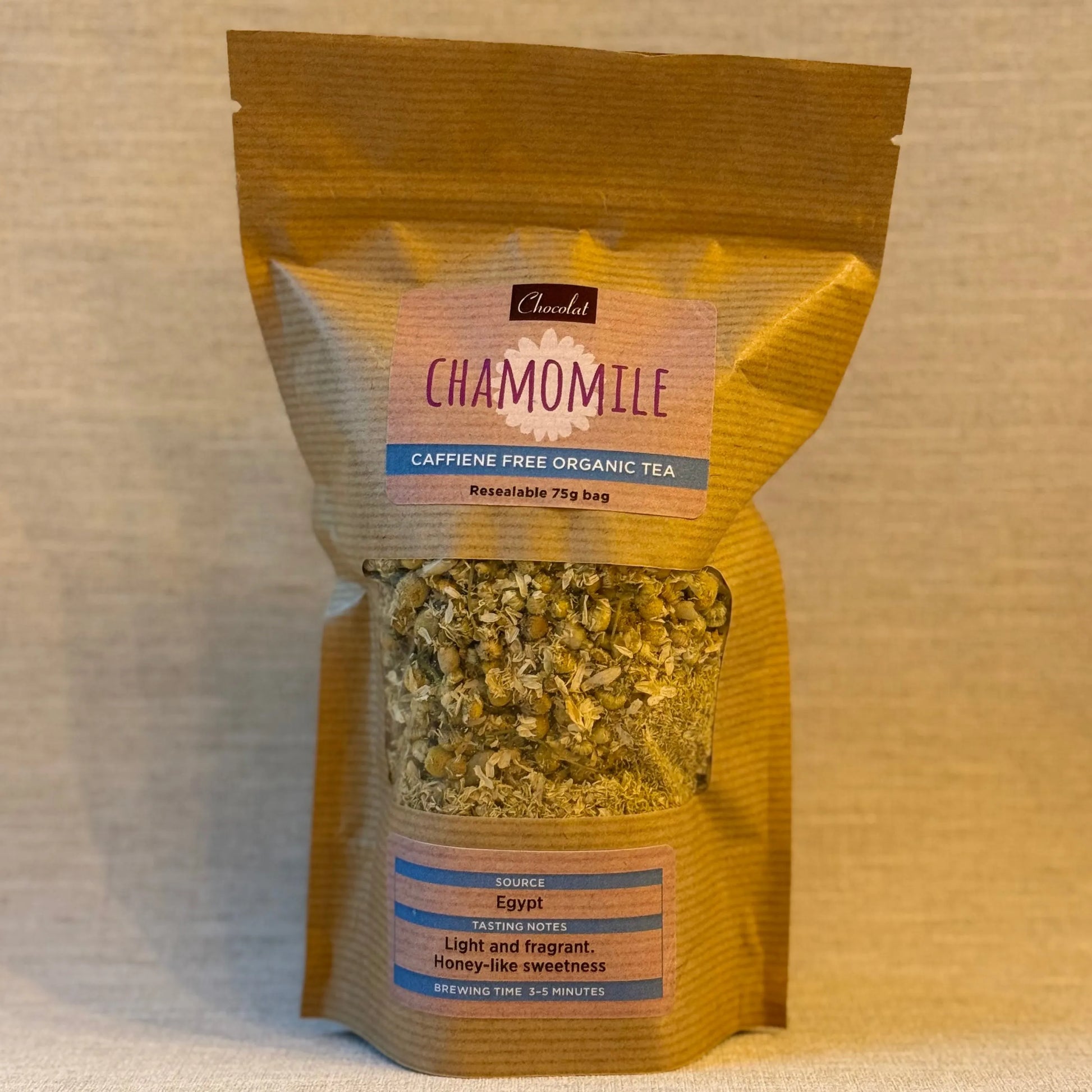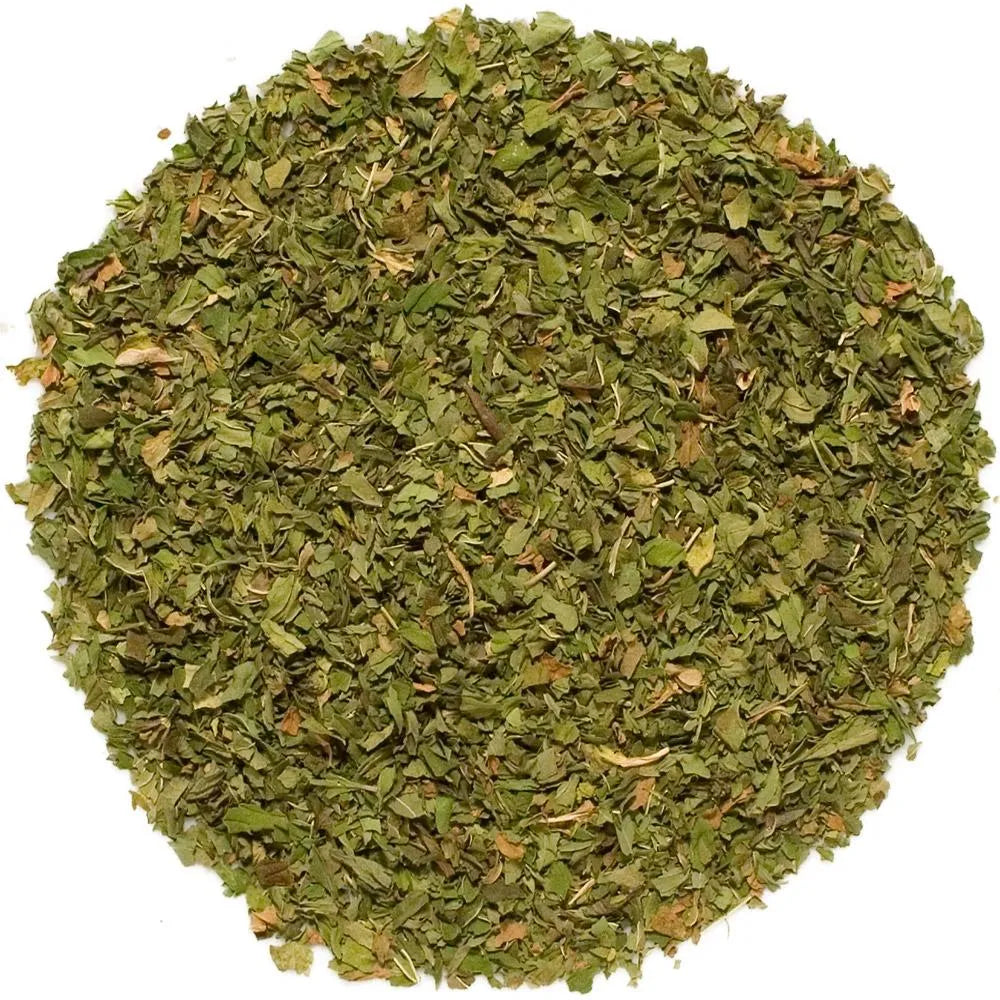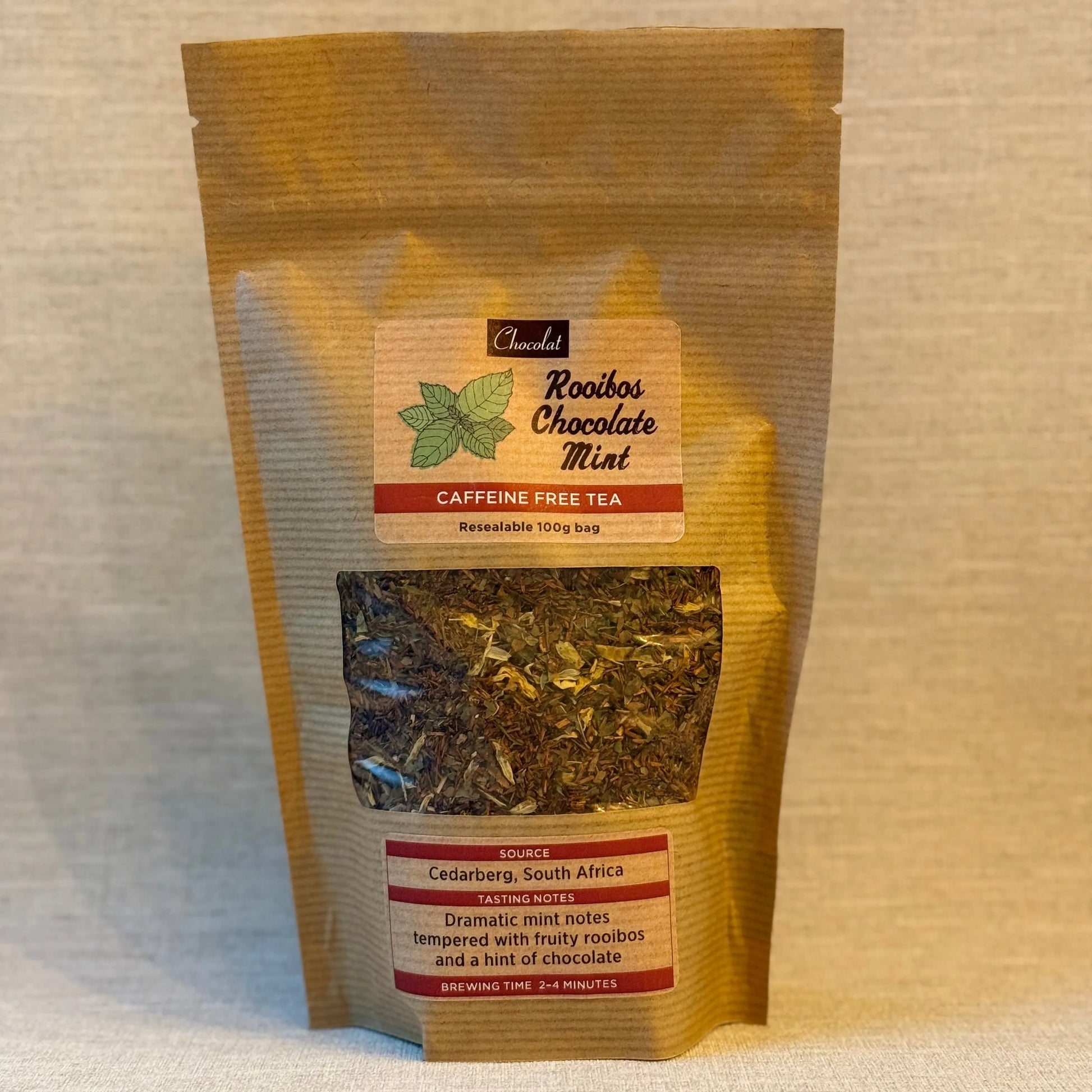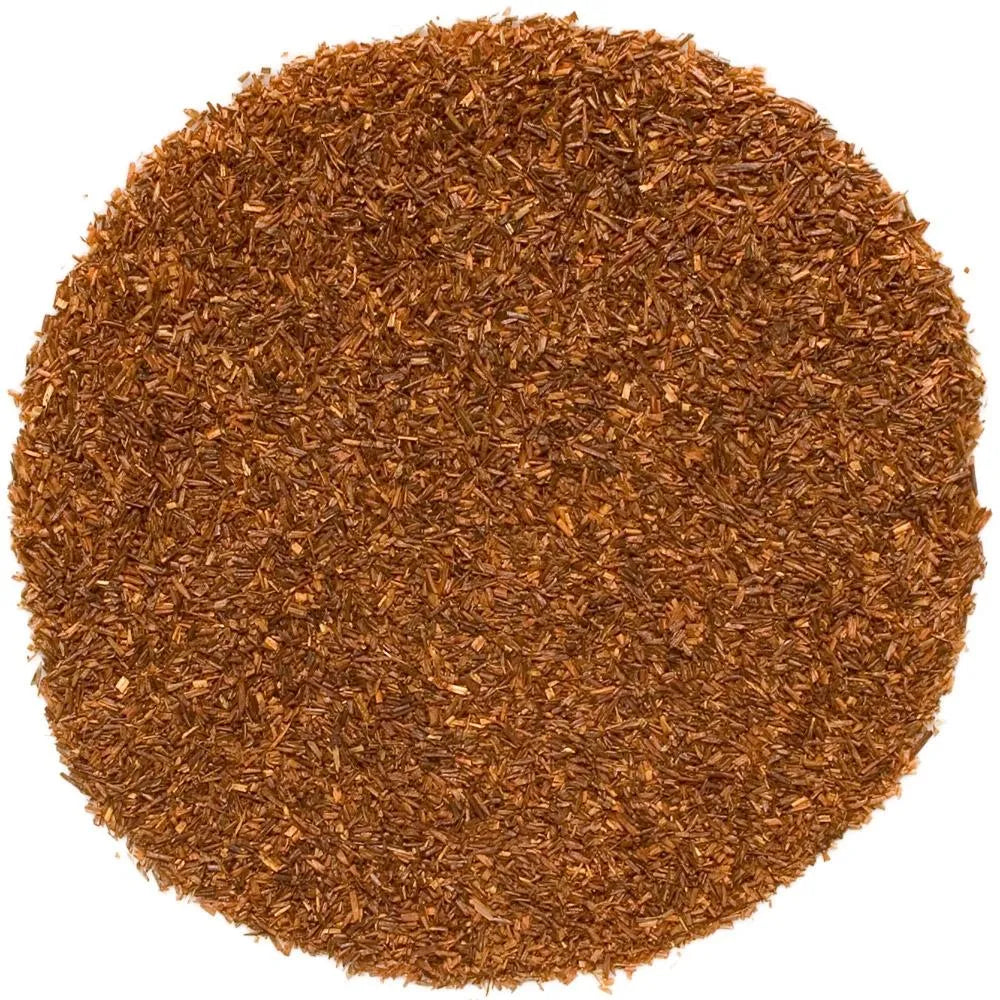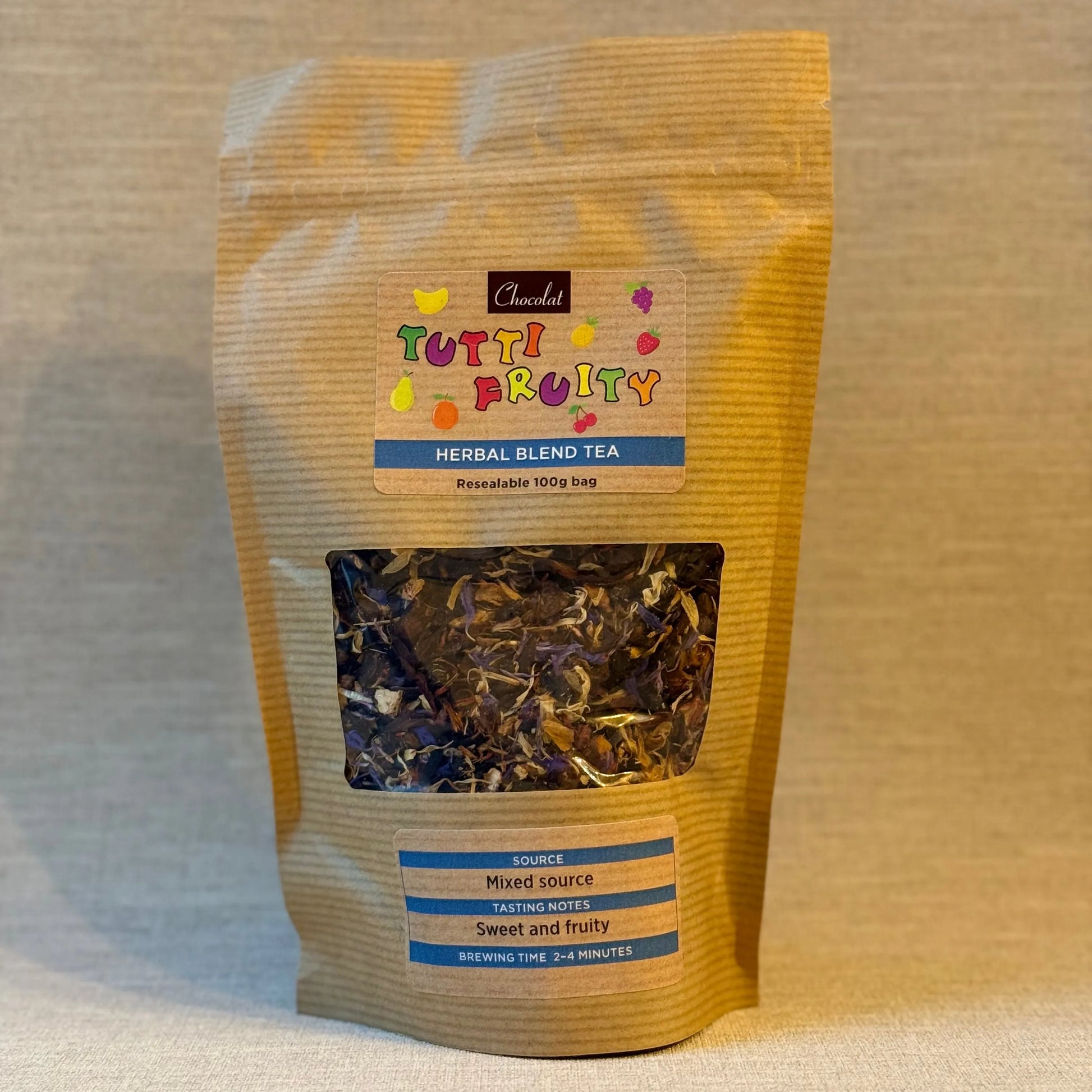Caffeine Free Tea
Caffeine-free tea includes herbal infusions that naturally contain no caffeine. Unlike black, green, white, and oolong teas (which come from the Camellia sinensis plant and contain caffeine), caffeine-free teas are made from herbs, flowers, fruits, and spices. Key characteristics of caffeine-free tea include that it is naturally free of caffeine - there's no need for decaffeination, making it safe for all ages. It is gentle and relaxing - great for evenings and bedtimes without the fear of it disturbing sleep. It comes in a variety of flavours and can be floral, fruity, spicy, earth or sweet. It has health benefits as it is often rich in antioxidants, vitamins and it has digestive friendly compounds. Popular types of caffeine-free tea include Chamomile - a floral, calming tea that promotes relaxation and sleep. Peppermint - a refreshing and minty, known for aiding digestion and soothing headaches. Hibiscus - a tart, ruby-red tea rich in antioxidants and great for heart health. Rooibos - a naturally sweet, nutty South African tea packed with minerals and antioxidants. Ginger - a spicy, warming tea excellent for digestion and immune support. Lemon Balm - a mild, citrusy tea that helps reduce stress and anxiety. Lavender - a fragrant tea that promotes relaxation and reduces tension. Fennel - a slightly sweet, liquorice-flavored tea that aids digestion. Health benefits include promoting better sleep - chamomile, lavender, and lemon balm help with relaxation. Supporting digestion - ginger, peppermint, and fennel ease bloating and indigestion. Boosting immunity - many herbal teas, like hibiscus and elderberry, contain immune-boosting antioxidants. Hydrating and soothing - a great way to stay hydrated without caffeine’s diuretic effects.



